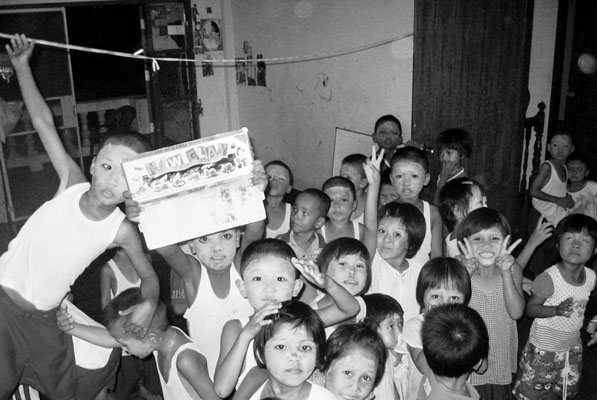No Country to Call Their Own

“Shockingly little is being done to protect the basic rights of millions of stateless children around the world,” said Maureen Lynch, the research director of Refugees International and author of the report “Futures Denied: Statelessness among Children, Infants and Youth.”
“These children are stigmatized and blocked from such basic services as health care and education because a government won’t recognize them as citizens,” she said.
“Although the Universal Declaration of Human Rights states that everyone has the right to a nationality, these children are forced into an underclass with little hope for the future through no fault of their own,” she said.
Lynch said that reducing statelessness is achievable. “Ensuring that every child is registered at birth, granting citizenship in cases of disputed nationality, and strengthening the UN Refugee Agency so it can do more to resolve this problem are just a few of the simple steps that can help millions of children access a brighter future,” she said.
The Asean Human Rights Body (AHRB), mandated by the Association of Southeast Asian Nations’ (Asean) recently ratified charter, can help to resolve some of the problems facing stateless children and others who are particularly vulnerable to human rights abuses, say advocates.
While some human rights specialists expect the AHRB to address the cross-border issue of registration and improve information sharing among Asean countries, there are still serious doubts about the effectiveness of the AHRB.
“The AHRB will be nothing more than a paper tiger if regional governments, most of which have records of violation of human rights in their countries, fail to respect it,” said Aung Myo Min, the director of the Human Rights Education Institute of Burma.
« previous 1 | 2 |
